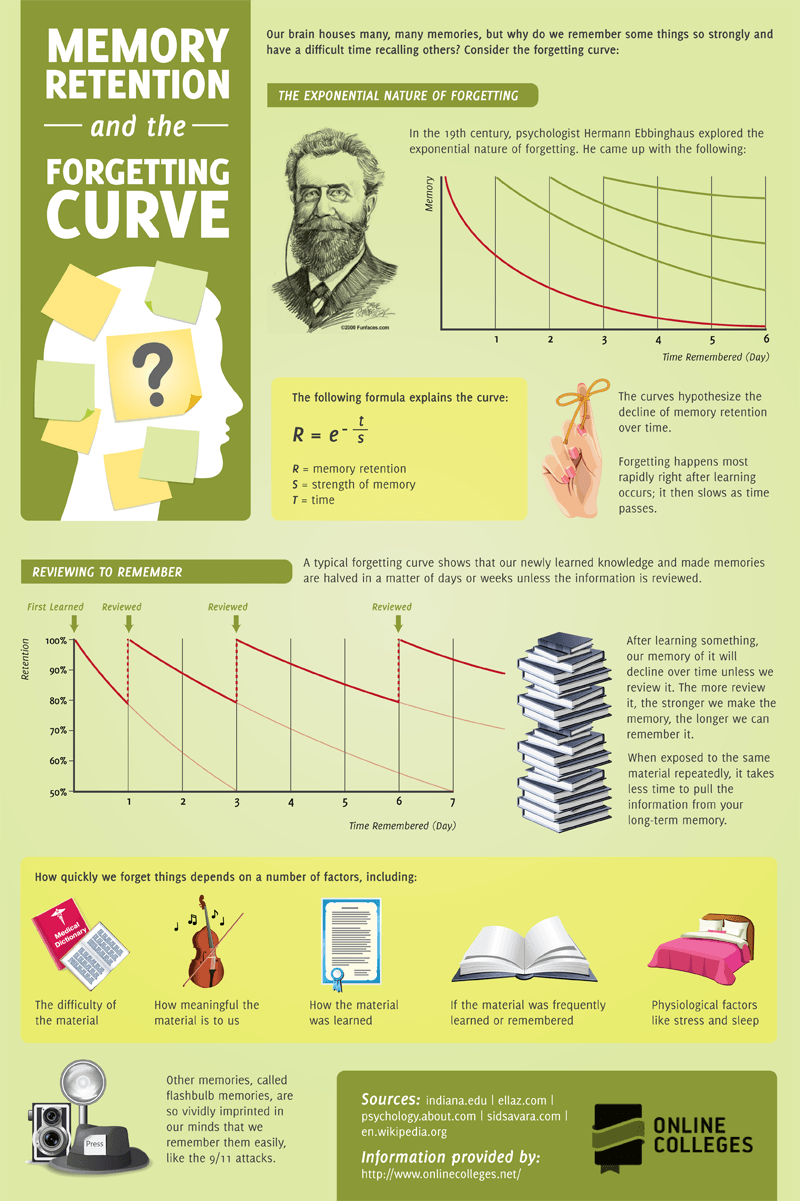/shippai wa seikou no moto/
This is a Japanese proverb, which means "Every failure is a stepping stone to success".
Do you have the same proverb in your native language? :)
Making a mistake isn't bad at all. You can learn through mistakes. Not only your own mistakes, but also other people's mistakes. I found an interesting blog post which explains how to learn pronunciation/grammar/native-like communication skill while speaking your native language, by observing other people's mistakes.
Learn Better Pronunciation While Speaking Your Native Language
It also mentions about Japanese language/people.
My Japanese friends add extra syllables to words. “McDonald’s” becomes “Macu Donarudosu.” It’s useful as you can instantly speak hundreds of words of English origin in Japanese simply by sticking to the consonant-vowel pattern in the Japanese syllabary.
It reminds me of our English teacher in junior high school. He got angry when we speak English with strong Japanese accent like "あい あむ あ すとぅーでんと" (can you guess what it means?). XD
Japanese speakers will say “foreign country people,” an awkward way of saying “people from other countries.” The direct translation from Japanese causes this — gaikokujin — literally, foreign country people. Remembering the direct Japanese translation into English actually helps me remember the word in Japanese.
Speaking of which, some Japanese students often make the same kind of mistake, like "I am like dogs", when they should say "I like dogs." It's funny, huh? I guess it is because they're taught that be-verbs are translated as "~は・・・です". "A is B" becomes "AはBです". They directly translate Japanese sentence "私は犬が好きです (= I like dogs)" into English. :(
Actually, "~は・・・です" is not a be-verb. We add です at the end of the sentence to make the sentence polite. は is so called the particle which shows the topic of the sentence.
Also, the word order in Japanese is really different from English! I've written about the difference between the Japanese word order and the English word order. Here's the example sentence I wrote.
昨日 / 公園で / 父が / 寝ているのを / 見た。
I saw my father sleeping at the park yesterday.
Japanese speakers describe things from circumference, while English speakers center its subject and its verb.
When I speak Spanish, I don’t hesitate to jump into conversation quickly. However, when I speak Japanese, I allow a bit more room to breathe between speakers.
I simply used the fillers I had picked up from observing Japanese conversation — “so, so, so” to agree and “ehhh?” to show surprise.
You can find a lot of "interesting mistakes" in lang-8, where many language learners post an entry in their target language to get corrections from native speakers. I've written about common mistakes in Japanese which I found through correcting my friends' entries.
That's all for today! Thank you for reading. :)
*Japanese Word of the Day*
大丈夫(だいじょうぶ)!
/daijoubu/
It's okay! No worries! No problems!










